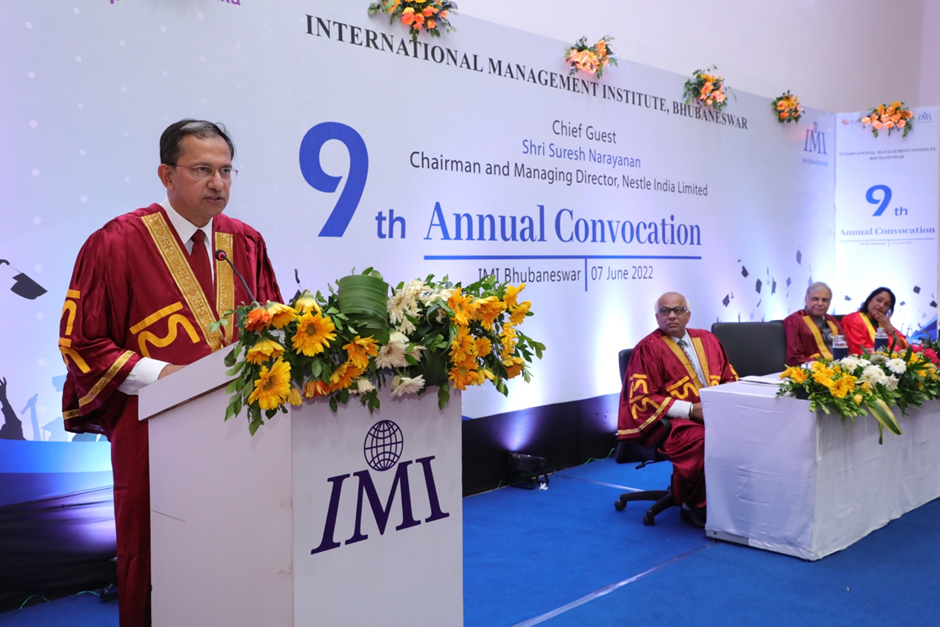Are we free?
The quintessential question which a
democracy or any political setup asks is of freedom. Freedom of choice, of
expression and of behaving whatever the way we want to be. Often we find ourselves asking the same
question that are we free?
We are all bound by chains, chains which we
willingly or unwillingly wear that keeps us from being free. The chains of
society, of family, or the rules imposed by government all bound us from moving
around. But sometimes we are also limited by our own mental capacity.
Human brain is a magnificent machine which
can find solution to any problem it faces and I am pretty sure we can find ways
to freedom in different ways. But we somehow don’t seek freedom like we seek
security or love.
The reason might be that we don’t value the
freedom as much as we value the chains in our lives. In our daily lives we
happily trade our freedom in exchange of our personal gains. But before trading such an important
commodity we must define freedom.
Like all abstract topics, freedom is also
defined from person to person. ‘I can do whatever I want.’ is also freedom.
& ‘I can do whatever you want’ is also a kind of freedom. The basis is the
willingness of people to take certain steps which might ensure freedom.
The most crucial barrier in the way of
freedom is the sacrificing nature of human kind. Often we try to work out
solutions that are pleasing to others and will make them happy, but in doing so
we forgo our own desires which might lead to resentment.
The issue of resentment might lead to great
turmoil in one’s mind and then a great war will start which will deprive them
of the inner peace. Peace which cannot be restored until and unless freedom is
achieved.
Freedom differs from willingness. We might
be willing to do certain thing but we are not allowed to do them. For example,
I might be willing to kill to someone but I will be reprimanded if I do
so. But it does not mean that freedom
and willingness are not attached.
Too much restrictions over the desire of
people may lead to catastrophic events. If government control is too high
general resentment will also increase and will eventually take shape of a
revolt. A struggle for freedom only happens when the willingness or desire of
people are crushed and they are not allowed to follow them.
In our daily lives also we are only free if
our desires meet the freedom of choice. If we can freely take our decisions
then we might as well take any decision we want and stick to it. That way even
if our decision turns out to be wrong, we won’t feel resentment toward others
who took our decisions.
To achieve freedom one thing must be
forgone the sense of security and the capability to take risks. If we are able
to leave the first and adapt the second, we can have our freedom.




Comments
Post a Comment